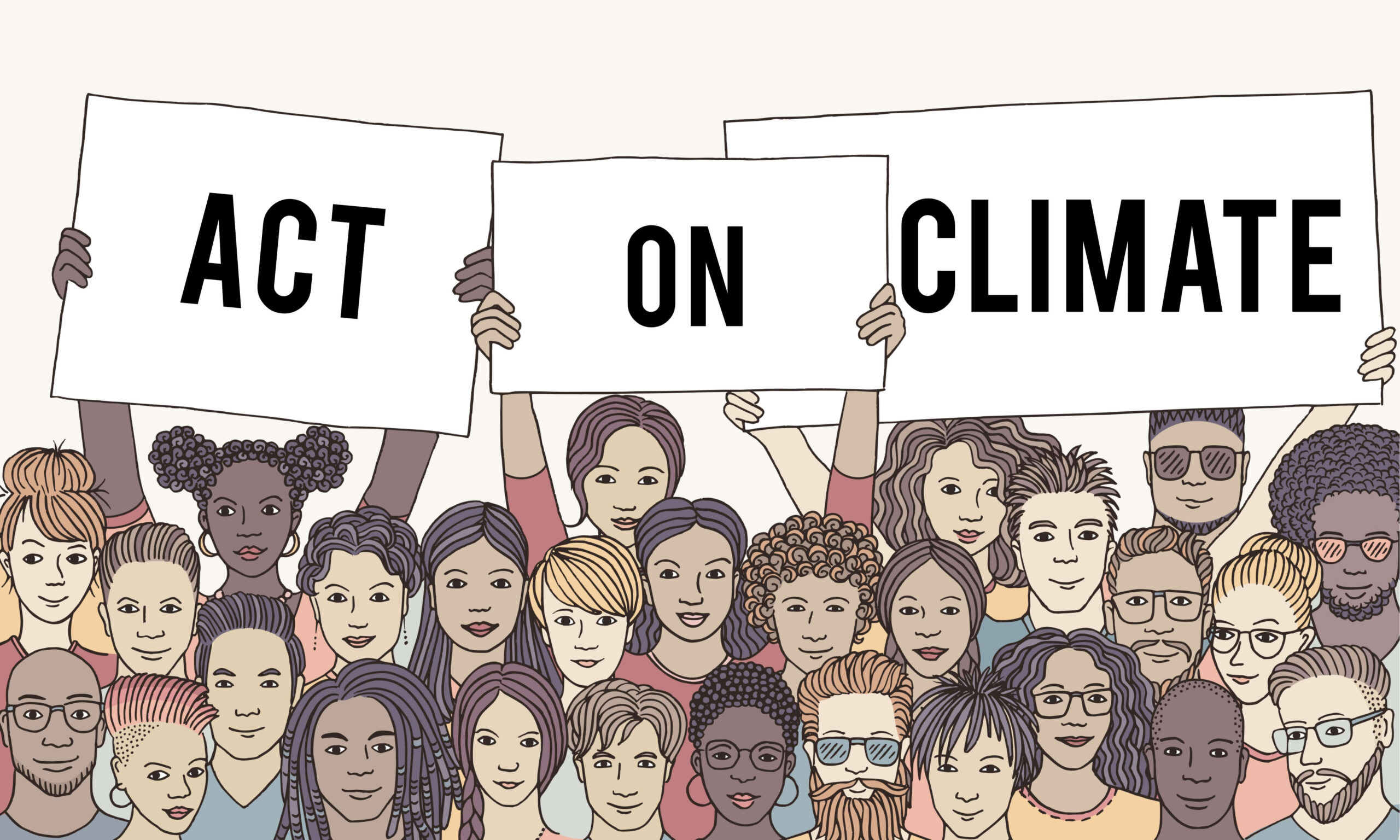The passage of the Climate Commitment Act in 2021 was a historic moment in Washington’s efforts to address the devastating effects of climate damage. It sent a loud and clear message to those who have polluted our air and water for far too long: enough is enough. It is time for polluters to be held accountable for their actions and for us to take bold steps toward a cleaner, more sustainable future.
Our cap-and-invest system makes sure that those who have profited from pollution for years begin to pay what they owe.
Setting a limit on overall CO2 emissions and requiring top polluters to obtain allowances to cover their emissions fast-tracks us to a pollution-neutral future.
What sets this legislation apart is its forthright commitment to prioritizing equity in our climate action response. For too long, our most marginalized communities have been left out of the conversation, bearing the brunt of the damage caused by climate damage. We will not allow this injustice to continue any longer.
Here in Washington, we are leading the way in ensuring that everyone – regardless of their race, gender identity, or socioeconomic status – is not only protected from the effects of climate damage but given equal access to resources and opportunities to benefit from a clean environment. By generating funds that will be reinvested in the most overburdened communities, we will create more resilient and sustainable communities that benefit everyone.
The 2023 legislative session marked the first opportunity for Washington to invest funds generated from the Climate Commitment Act (CCA) towards our goals. Across the operating, capital, and transportation budgets, a total of just over $2 billion of projected CCA revenues are appropriated for the 2023–25 biennium.
The CCA, in tandem with the 2021 HEAL Act, mandates that a minimum of 35% of investments go directly to overburdened communities and a minimum of 10% will go to projects supported by federally recognized tribal nations.
This revenue is going toward electrification and clean-energy projects, while ensuring communities that are disproportionately affected by climate damage and air pollution receive state assistance to build climate resilience.
Most importantly, the money we’re raising will be used while ensuring new climate policies do not shift pollution into these communities.
This session, we directed over $430 million to advancing energy efficiency and clean energy production. These funds will go toward utility bill assistance for low-income households and energy efficiency upgrades for homes, school districts, businesses and tribes. Funds will also be invested in innovative solar projects, clean energy siting, and transmission planning.
Over $1 billion will go toward improving air quality and reducing the amounts of greenhouse gas emissions across the state by promoting active transportation and improving urban infrastructure so that it is safe for all users.
Our biennial budgets also provide $340 million toward restoring habitats, protecting ecosystems, and strengthening working lands.
Investing in community health and safety was at the forefront of our minds when crafting how we would spend these CCA dollars. The Legislature has recognized that impacts of climate pollution are unevenly distributed across the state, and we are working to address those legacies while building more resilient communities.
That is why we are investing $200 million from the CCA accounts to build climate resilience plans, improve health outcomes and mitigate air pollution in overburdened communities, and support adaptive strategies to address the impacts of climate damage on tribal communities.
Our efforts are nothing if they are not rooted in a commitment to equity. Our focus on making sure every community has the resources they need to thrive helped us as we appropriated these funds.
We are making sure that no one is left behind and that we not only act boldly, but inclusively for the benefit of our planet and all its inhabitants.
About the authors
Senator Joe Nguyễn (D‑34th District: White Center) represents the 34th Legislative District and is chair of the Senate Environment, Energy and Technology Committee. The son of Vietnamese refugees, he is a passionate advocate in the fight against climate change and advancing social justice reform.
Senator Rebecca Saldaña (D‑37th District: Seattle) represents the 37th Legislative District in Washington. She is a proud Chicana of Mexican and Germanic roots who advocates for racial, social and economic justice for historically oppressed communities.

